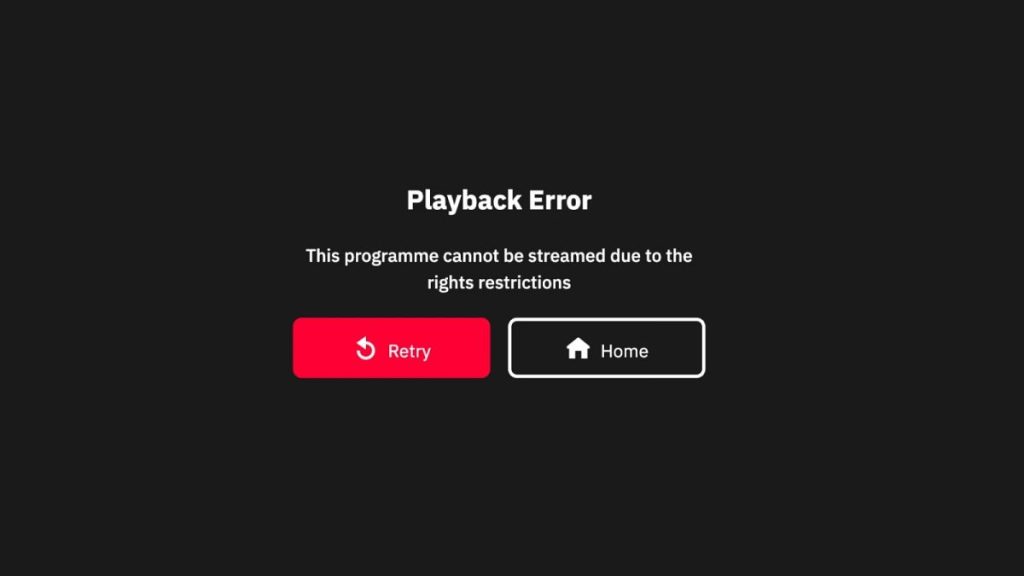The European Court of Auditors (ECA) has released a report detailing the progress and shortcomings in the fight against geo-blocking, a discriminatory practice that limits consumers’ access to online goods and services based on their location. While the 2018 Geo-blocking Regulation aimed to create a level playing field within the EU Single Market, the ECA’s findings reveal persistent obstacles for consumers and inconsistent enforcement across member states, thus undermining the regulation’s intended impact.
The core issue highlighted by the ECA is the uneven application of the regulation. Penalties for non-compliance vary drastically, ranging from negligible fines in some countries to substantial ones in others, even including criminal liability in certain instances. This disparity creates an environment where businesses face vastly different consequences for the same infringement, effectively weakening the deterrent effect of the regulation and leaving consumers vulnerable to continued discriminatory practices. The ECA report emphasizes that such inconsistencies negate the very purpose of the regulation, which is to ensure fair access to goods and services for all EU consumers regardless of their location.
The ECA report underscores the practical challenges in implementing the regulation. Consumers and traders often lack awareness of the available support mechanisms at both EU and national levels, while dispute resolution processes remain cumbersome. This lack of awareness and accessible support channels further exacerbates the issue, leaving consumers feeling powerless and businesses uncertain about their obligations. The complexity surrounding the implementation and enforcement of the regulation appears to be hindering its effectiveness.
A particularly contentious point raised by the report is the exemption of certain sectors, notably audiovisual services, from the regulation. This exemption, justified by copyright considerations, effectively allows online streaming platforms and TV distributors to continue geo-blocking practices, limiting access to content based on location. The ECA urges policymakers to reconsider this exemption during the upcoming review of the regulation in 2025, arguing that it contradicts the overarching goal of ensuring equal access for EU consumers.
The European Commission has acknowledged the ECA’s findings and pledged to consider its recommendations, including exploring stronger enforcement mechanisms. This acknowledgment is a positive step, suggesting a willingness to address the highlighted shortcomings and strengthen the regulation’s impact. The Commission’s response also acknowledges the delicate balance between consumer rights and traders’ operational freedom, hinting at a nuanced approach to finding solutions.
While the Commission recognizes the complex copyright landscape surrounding audiovisual services and the challenges it poses for wider content availability, the ECA’s call for action in this area necessitates a more proactive approach. The anticipated review of the Geo-blocking Regulation in 2025 presents a crucial opportunity to revisit the existing framework, address enforcement inconsistencies, enhance consumer awareness, and potentially extend the scope of the regulation to cover currently exempted sectors like audiovisual services. Achieving the regulation’s intended objective of a truly unified digital single market requires a concerted effort from policymakers, enforcers, and industry stakeholders to ensure consistent application, accessible support mechanisms, and a level playing field for all EU consumers.














